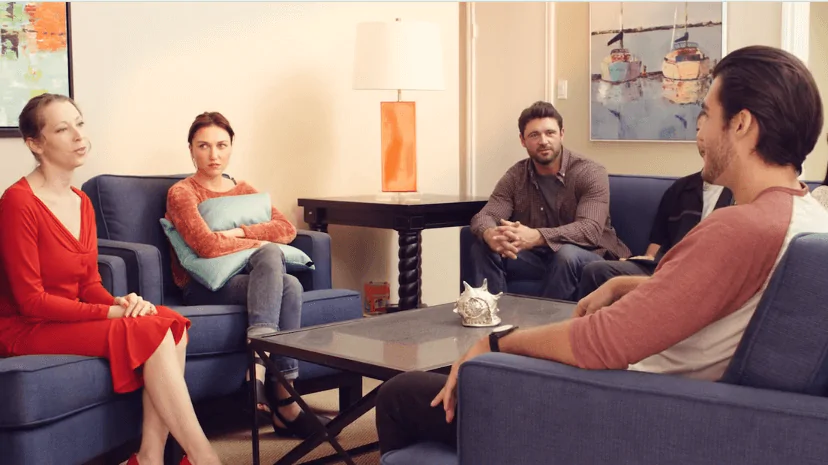24/7 Helpline:
(866) 899-221924/7 Helpline:
(866) 899-2219
Other Insurance Options

American Behavioral

Group Health Incorporated

Health Choice

Magellan

BlueCross

Covered California

BlueShield

Anthem

Access to Recovery (ATR) Voucher

Carleon

Regence

Aetna

Sutter

Medical Mutual of Ohio

UMR

Horizon Healthcare Service

Magellan Health

United Health Care

Absolute Total Care

ComPsych

Hope Valley – Men’s Division
Hope Valley Men’s Division is a residential alcohol and drug addiction treatment center located in D...































































































Professional Assessment
Professional Assessment is a private rehab located in Elkin, North Carolina. Professional Assessment...

AA – Alcoholics Anonymous
AA – Alcoholics Anonymous is a non-profit rehab located in Pilot Mountain, North Carolina. AA – Alco...

Hope Valley – Women’s Division
Hope Valley - Women’s Division is located in Pilot Mountain, North Carolina. The drug rehab facility...

A New Destiny
A New Destiny is a private rehab located in Elkin, North Carolina. A New Destiny specializes in the ...

Serenity Counseling and Consulting Services
Serenity Counseling and Consulting Services is a private rehab located in Pilot Mountain, North Caro...























































